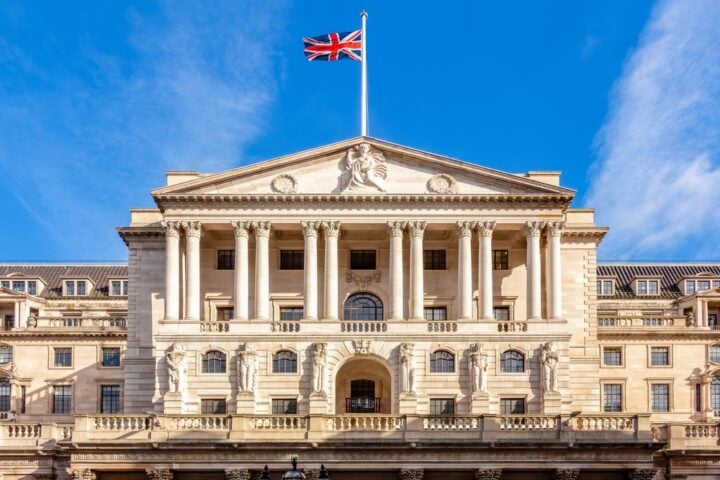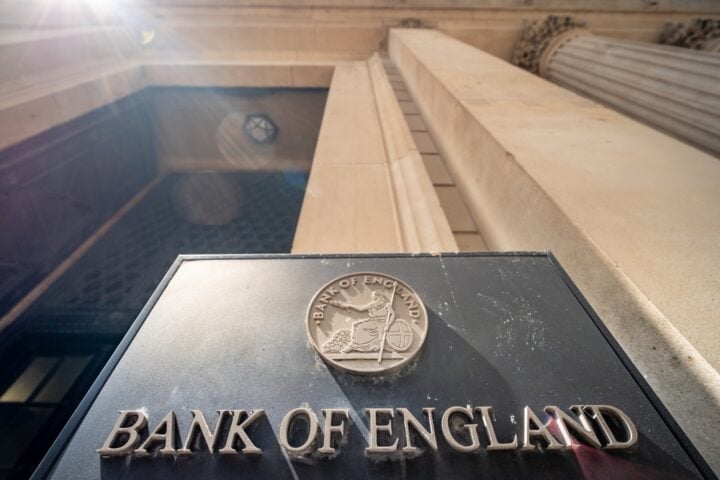Canada’s inflation rate rose to 2% in October, up from 1.6% in September, driven by base-year effects on gasoline prices, Statistics Canada reported on Tuesday. This increase has stirred mixed reactions among economists about whether the Bank of Canada (BoC) will proceed with a 50 basis point (bps) rate cut in December.
Core Inflation Indicators Tick Up
The BoC’s core inflation measures showed slight acceleration: CPI-median edged up to 2.2% from 2.1% in September, while CPI-trim rose to 2.6% from 2.4%. Katherine Judge from CIBC Economics noted that while the report is a setback for the BoC, prior data indicated better-than-expected progress in curbing inflation.
Economists Weigh In on Potential Rate Cuts
Despite the higher inflation reading, economists are divided. Randall Bartlett from Desjardins predicts a more conservative 25 bps rate cut, citing BoC Governor Tiff Macklem’s previous acknowledgment of base effects keeping inflation elevated temporarily. Economists from BMO Capital Markets and TD Economics, including Doug Porter and James Orlando, echoed the call for a 25 bps cut, viewing the CPI increase as a “minor setback.”
Derek Holt from Scotiabank Economics also leans toward a 25 bps reduction but suggests that forthcoming GDP and job data could shift the BoC’s stance.
Gasoline and Grocery Prices Lead Inflation Growth
October saw a smaller drop in gasoline prices compared to September, attributed to base-year effects from lower refining margins and reduced global oil consumption. Grocery prices continued to outpace overall inflation, climbing 2.7% year-over-year, driven by fresh vegetables and moderated increases in beef prices. RBC Capital Markets analyst Irene Nattel highlighted that consumers are increasingly opting for discount brands and private-label goods to manage household budgets stressed by three-year cumulative grocery inflation and rising shelter costs.
Rent and Shelter Costs Remain Elevated
Rental prices grew at an annualized rate of 7.3% in October, down from 8.2% in September, with Nova Scotia and Manitoba experiencing the least rent growth. StatCan reported that rent costs remain elevated, with an overall 21.6% increase since October 2021. The broader shelter category saw price growth ease slightly to 4.8% year-over-year.
Property Taxes Surge
October recorded the steepest annual increase in property taxes and special charges since 1992, with significant hikes in Newfoundland and Labrador (9.7%) and British Columbia (8%).
Looking Ahead: BoC’s December Rate Decision
The BoC is set to announce its rate decision on December 11. While Governor Macklem previously reassured Canadians about stabilizing cost-of-living changes, the recent inflation data has added complexity to the upcoming policy decision. Economists and markets will closely watch for additional labor and GDP reports to refine their forecasts.







